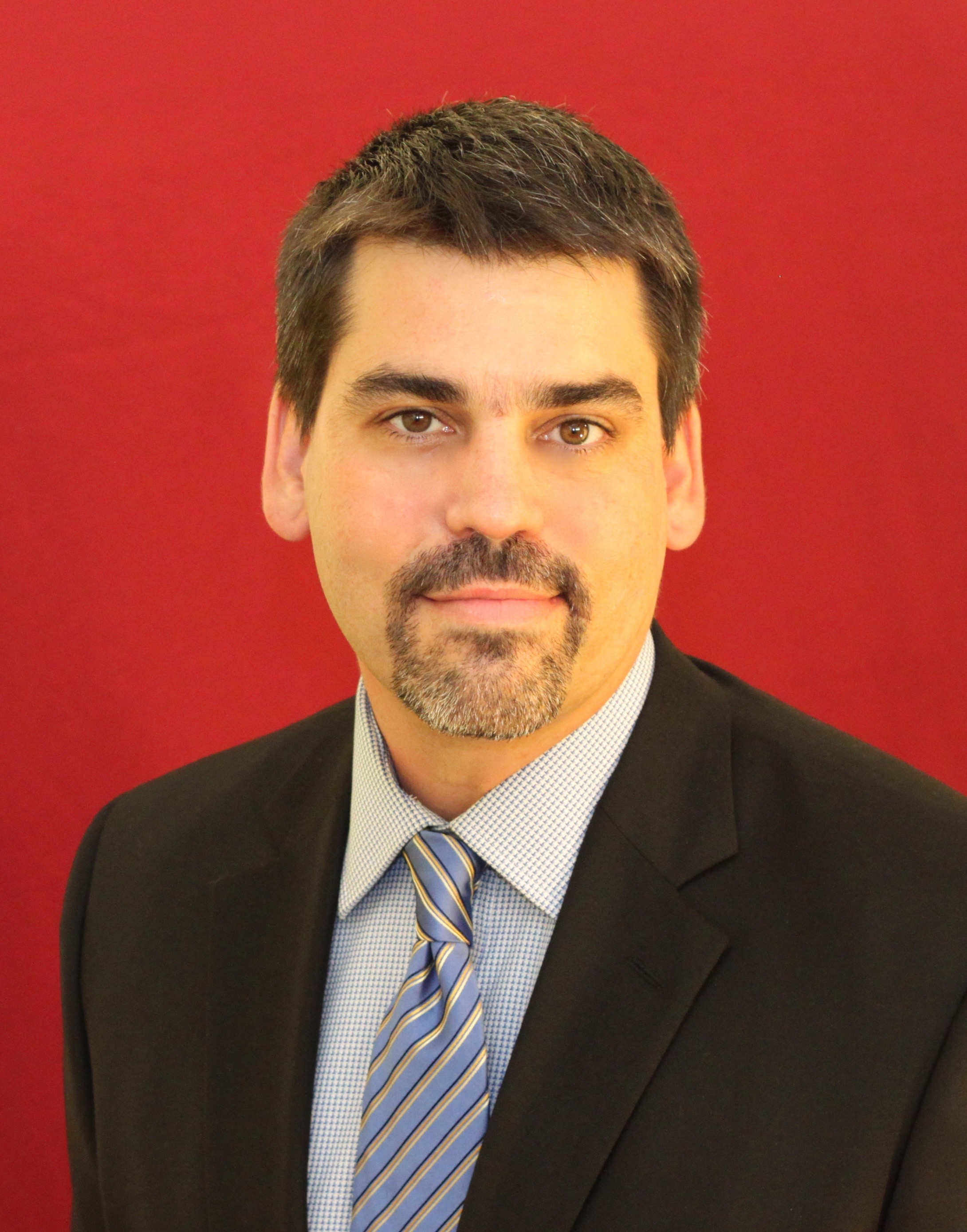A Manitoba lawyer who handles refugee claims says more people are coming to Canada due to the rising rhetoric in the United States and Canada needs to act now to suspend the Safe Third Country Agreement.
 Challenges facing immigrants and refugees have gained widespread attention since Jan. 27, when Trump suspended the U.S. Refugee Admissions Program for 120 days, and stopped nationals from Yemen, Sudan, Libya, Somalia, Syria, Iran and Iraq from going into the United States for 90 days.
Challenges facing immigrants and refugees have gained widespread attention since Jan. 27, when Trump suspended the U.S. Refugee Admissions Program for 120 days, and stopped nationals from Yemen, Sudan, Libya, Somalia, Syria, Iran and Iraq from going into the United States for 90 days.
A U.S. federal judge suspended the order last week, and now, the government has a chance to submit legal briefs in support of Trump’s intended policy changes. The battle may end up before the U.S. Supreme Court.
Manitoba has garnered attention since CBC reported that more than 400 people were intercepted near the U.S.-Canada border at Emerson between April to December 2016.
“I think there’s just a general impression that Canada is a safer country than the United States, and they will have more support here, and that [they] will have a better life,” says Alastair Clarke, founder of Clarke Immigration Law in Winnipeg.
Due to Trump’s changes, the Canadian Association of Refugee Lawyers last week was “calling on Canada to immediately suspend the Safe Third Country Agreement.”
"Under the STCA, those who try to enter Canada through the U.S. to make a refugee claim at the border are returned to the U.S. regardless of whether they will or already have had access to asylum in the U.S. The U.S. and Canada have considered one another “safe” for asylum-seekers,” said a CARL news release.
“The STCA creates a North American approach to refugee approvals. With President Trump’s Executive Orders, the U.S. is unilaterally changing the terms of that approach, with potentially disastrous consequences for vulnerable asylum-seekers.”
In Winnipeg, Clarke works with groups that have housing set up and are working “as hard as they can to bring as many people” as they can support.
“The government can’t keep up with the demand,” says Clarke, adding that the biggest legal hurdle he’s grappling with is the STCA.
“Unless the refugee claimant is able to fall under one of the exemptions listed in the agreement, then they are denied at the border,” says Clarke, who says most people who are successful are able to do it due to exemptions related to having family in Canada.
Clarke has handled about 30 to 35 files involving refugee claimants since January 2015, from countries such as Haiti, Burundi, Ethiopia, Eritrea, Somalia, and Nigeria.
“I think more people are coming based on the rhetoric coming from the United States. It’s partially Trump, but I mean Trump was elected, because in general, there is an anti-refugee sentiment in the United States,” he says. “It’s not just him, but I think — generally speaking — there is less of an appetite for refugees in many parts of the United States.”
Ghezae Hagos of the Manitoba Interfaith Immigration Council said that since October 2016, the non-profit organization has come into contact with 117 people who have asked for protection. That includes 39 people in January 2017. Hagos said that number was “certainly much bigger than what we had in the last few years.”
Paul Hesse, immigration lawyer and partner at Pitblado LLP in Winnipeg, helps clients with immigration matters such as work permits and study permits, and obtaining permanent residency. He estimated he’s had double the amount of inquiries he normally receives since Trump was elected.
“It’s a mix in terms of why they’re doing it, in terms of their profiles,” he says.
“Some would be people who, I believe, are vulnerable to removal from the United States who are looking for alternatives, others are IT workers who are looking for a more friendly long-term solution, concerned about permit rules changing in the United States, and looking at other options.”







